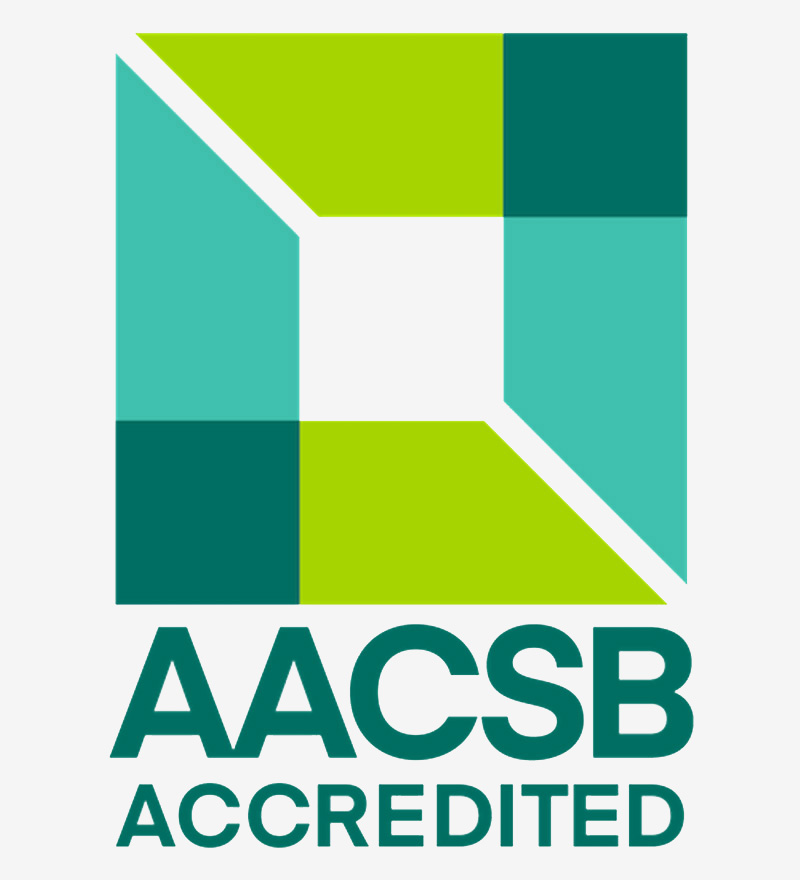Guiding the development of the College of Business, both nationally and internationally, is an Industry Advisory Board of high-profile executives.
The Board creates a strategic bridge between the latest in technology and design thinking and business.
In addition, the School of Economics, Finance and Marketing Advisory Board consists of high-profile industry representatives who ensure the School's links with industry standards and practice remain current.
Industry experts are invited as guest lecturers to expose you to current industry developments in finance. The School also extends links with industry by appointing adjunct professors from time to time who are selected based on their industry achievements.
Work-connected and industry-relevant options available for this course include:
- working in a student team as part of the Fastrack Innovation Program. In this elective subject you will work with mentors to develop and present a solution to a real problem. This form of fast-prototyping is designed so that external organisations can tap into fresh thinking from RMIT students.
- a Business Internship elective where you take up a position for one or two days per week for one semester. This position is normally unpaid and is designed to develop your soft skills and increase your overall employability upon graduation.
Students in this degree also have the opportunity to participate in industry-led competitions.
RMIT Finance Trading Competition
The RMIT Finance Trading Competition allows Economics and Finance (both undergraduate and postgraduate) students in the EFM test out their trading skills in the financial markets. The competition is a unique experience for students and is held in the state-of-the-art RMIT trading facility. Students gain real world trading experience in our state-of-the art trading room, have fun, work as a team and gain professional development skills. The competition is sponsored by industry partner Refinitiv, a subsidiary of London Stock Exchange Group.
CFA Institute Research Challenge
Each year the Chartered Financial Analysts' Institute (CFA) runs its CFA Research Challenge where teams of finance students from universities all over the world test out their financial analytical skills in competition.
The CFA Institute Research Challenge provides university students with hands-on mentoring and intensive training in financial analysis and professional ethics. Students are tested on their analytical, valuation, report writing and presentation skills. They gain real-world experience as they assume the role of a research analyst.





_1220x732.jpg)



